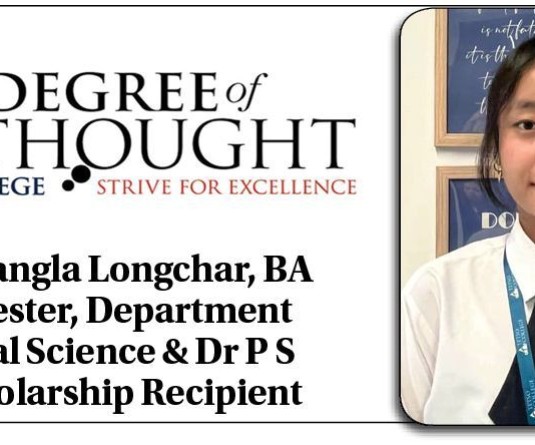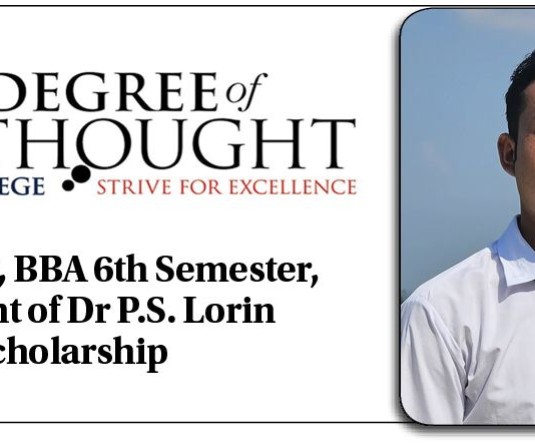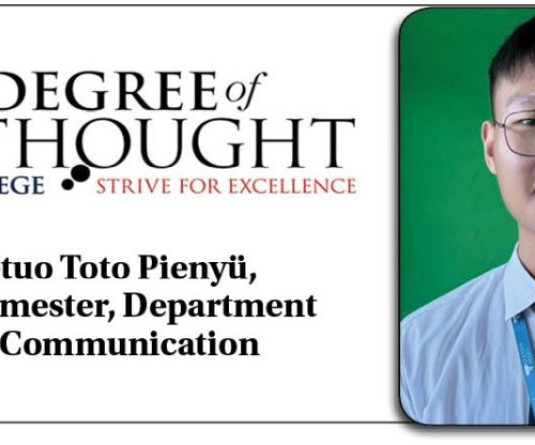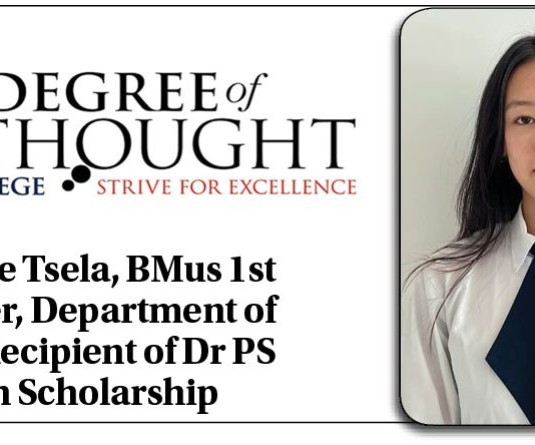
What is Art?
Something that is created with imagination and skill and is beautiful or expresses important ideas or feelings.
Everyone has their ideology of life. It varies from person to person. But one common thing: they all have a dream to fulfil, a passion to follow or a goal to achieve. It is what gives them meaning to their life. The fuel for thriving and striving in life. But life doesn’t always go as we plan it. There will be ups and downs, rises and falls. Life is full of uncertainty and unpredictability. Sometimes it takes us to places we never imagined, or situations where we feel completely lost. We never know what might happen next. But still, we choose to persist.
The art of living is the mosaic of moments: joyful and painful, fleeting and unforgettable. It’s about finding meaning in the mundane, peace with uncertainties and embracing the changes even if it feels difficult. Everything in life happens for a reason. Wherever we go, whoever we meet. Good things are waiting for all. It’s we who need to focus and continue with our determination to achieve them. There’s a philosophy of Existentialism which says, Life has no inherent meaning. It’s we who create our purpose through choices, actions and authenticity.
Life might feel overwhelming sometimes, but it’s all natural. Life doesn’t stop when you fail to succeed or when someone doesn’t choose you back. We get diverted sometimes, and failure is also a part of the process. Until or unless you give up, nothing can stop you from achieving your dream. Some say life is about seeking happiness, others say it’s about finding it. But deep down, it might be about knowing ourselves, others and the world. We must cherish the present moment, however simple or small, because it’s the only place where life truly happens.
We go through hardships, sacrifices, and leave our comfort zones to shape our future. As individuals, we have our tasks and responsibilities to deal with. Life might feel cruel sometimes, but that should not stop us from enjoying it. Instead of complaining and worrying about the future, we must focus on what we can do at present.
One attribute of human nature is ego. It is often described as a person’s sense of self-esteem, self-importance or identity. At its best, it gives us confidence, ambition and a sense of identity. It helps us stand for ourselves. However, it’s important to notice how ego impacts our decisions in a negative way. Everyone has an ego, but when it takes over, it might make our lives miserable by always trying to make us feel superior to others. It’s not about crushing the ego, but rather befriending it, keeping in check so that it works with us, not against us. It’s not about having no ego; it’s about not being ruled by it.
Ever heard a compliment from a stranger?
That’s an act of kindness. It takes nothing to be kind. Kindness is something that comes from within us. It’s the gentle act that ripples far beyond the moments, often unnoticed by the world but deeply felt by the heart. Simple gestures such as giving a smile or a word of encouragement can make someone’s day better or even change their life. You don’t need to be wealthy to offer kindness. It’s not tied to wealth, status or perfection. You just need the willingness to offer it.
Ever felt like giving up? Don’t worry, just be patient.
Patience is the quiet strength that sits between impulse and wisdom. It is the ability to endure hardship or wait for something without any signs of anxiety or impulsive behaviour. In a world that glorifies speed, instant gratification, patience feels almost rebellious. But in those moments of stillness, something deeper unravels by letting the things unfold on their own. Patience is not about being weak or shy. It’s the ability to control your mind, body and actions. It’s choosing grace over frustration and long-term vision over short-term satisfaction.
Appreciate the things you have in your life. Something which might feel inferior to you could be the dream of someone. Be mindful of what you say. As a simple conversation could have a deep impact on the other. Don’t always take the harsh words of people too seriously because you never know what they might be going through at that moment. Learn to forgive others. It’s the choice to let go of resentment or the desire for revenge toward someone who has hurt you, even when they might not acknowledge the pain they caused. It’s about making peace with the past, so it doesn’t keep stealing from your present. It’s like settling down a heavyweight that you have been carrying. There’s also self-forgiveness, which is accepting your flaws and mistakes. It takes courage and is even harder, but that’s where growth begins. This process is personal and non-linear. Some days you might feel like you have moved on, and on others you’re right back in the storm. But every step forward is a part of reclaiming your emotional freedom.
I believe, if you want to be respected, you need to earn it. That’s by giving people the respect they deserve. It’s like light; when you shine it on others, it tends to reflect on you. It’s by treating others with kindness, fairness and dignity. Not being judgmental, encouraging cooperation, trust and open communication. Valuing others’ time, opinions and space. Apologising when wrong. Respect could also be in the form of cultural and societal respect. Which is understanding, appreciating and acknowledging the beliefs, values and traditional practices of people from different communities and tribes. It’s about honouring diversity and embracing people from all backgrounds.
Lastly, you won’t get this life twice. Don’t waste your time hating others. But rather live your life. Enjoy every moment to its peak. Appreciate the people and things you have. Focus on improving yourself. With every sunrise, there’s a new set of possibilities waiting for us. Take your chance and hit that goal.
Degree of Thought is a weekly community column initiated by Tetso College in partnership with The Morung Express. Degree of Thought will delve into the social, cultural, political and educational issues around us. The views expressed here do not reflect the opinion of the institution. Tetso College is a NAAC Accredited UGC recognised Commerce and Arts College. The editorial team includes Chubamenla, Asst. Professor Dept. of English and Rinsit Sareo, Asst. Manager, IT, Media & Communications. For feedback or comments please email: dot@tetsocollege.org






